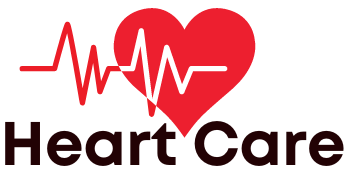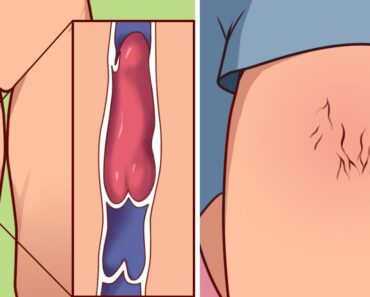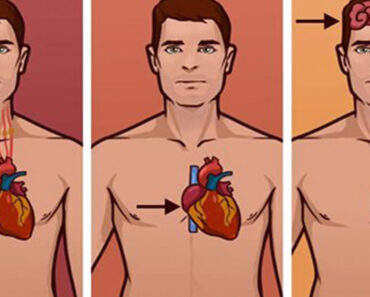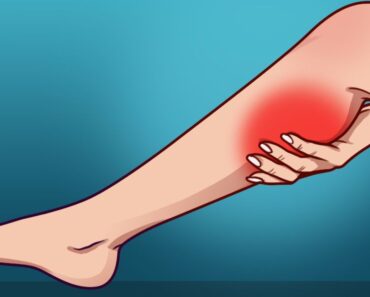Heart attacks are rising in America due to unhealthy eating habits, stress, and lack of exercise. Eating a healthy diet, exercising regularly, and reducing stress levels is important. This will help you lower your risk of developing heart attacks.
Heart attacks may not present with obvious warnings, such as severe chest pain or suddenness. Experts say that the warning signs of a possible heart attack are usually found in your heart before they occur. Heart attacks are becoming more common. It is crucial that people know the signs and takes preventive measures to save their lives.
1. High levels of anxiety
Many heart attack survivors have reported feeling anxious before their heart attack. High levels of anxiety could indicate a heart attack. High anxiety levels do not necessarily mean you are at risk for a heart attack. It’s better to be prepared and take the necessary actions.
One study found a link between anxiety and risk factors for coronary artery disease. Another study showed that anxiety was an independent risk factor in the development of cardiac disease (CHD), and death.1 2
2. Swelling
Many people mistake swelling in the feet and ankles for standing or sitting for a prolonged period of time. They don’t believe fluid buildup in different parts of their bodies is a sign of heart failure. Fluid accumulation in the body can cause swelling in the feet, legs, ankles, and abdomen.
Although it’s not known if inflammation causes cardiovascular disease or heart attacks, stroke and heart disease patients are more likely to experience inflammation. Inflammation is what causes many strokes and heart attacks.
3. Coughing
Sometimes, a cough can be a sign of a heart attack. Most often, a cold or cough is a sign of infection. However, the severe cough should not be ignored.
As the fluid builds up in the lungs, constant coughing can occur. Pure left-sided cardiac failure can lead to pulmonary congestion, hypoperfusion (decreased blood circulation through the heart), or both. This may cause left-sided symptoms like dyspnea and wheeze, wheezing, and fatigue.
4. Pain in Different Parts of the Body
Heart attack survivors often claim they felt chest pain that spread to their backs, jaws, abdomens, and arms.
A person might feel pain in the shoulders or one or both arms. This is very common. The pain should not be ignored, even though it may not be constant.
Other Signs of Heart Attack
- Cold sweat
- Chest discomfort
- Nausea
- Breathing difficulties
- Lightheadedness
Do not ignore symptoms or assume they will disappear. These symptoms should not be ignored for more than 10 minutes. Call 911 immediately. If you can, ask someone to transport you to the nearest hospital. You can also chew or swallow aspirin. However, you should not take aspirin if you have an allergy.



